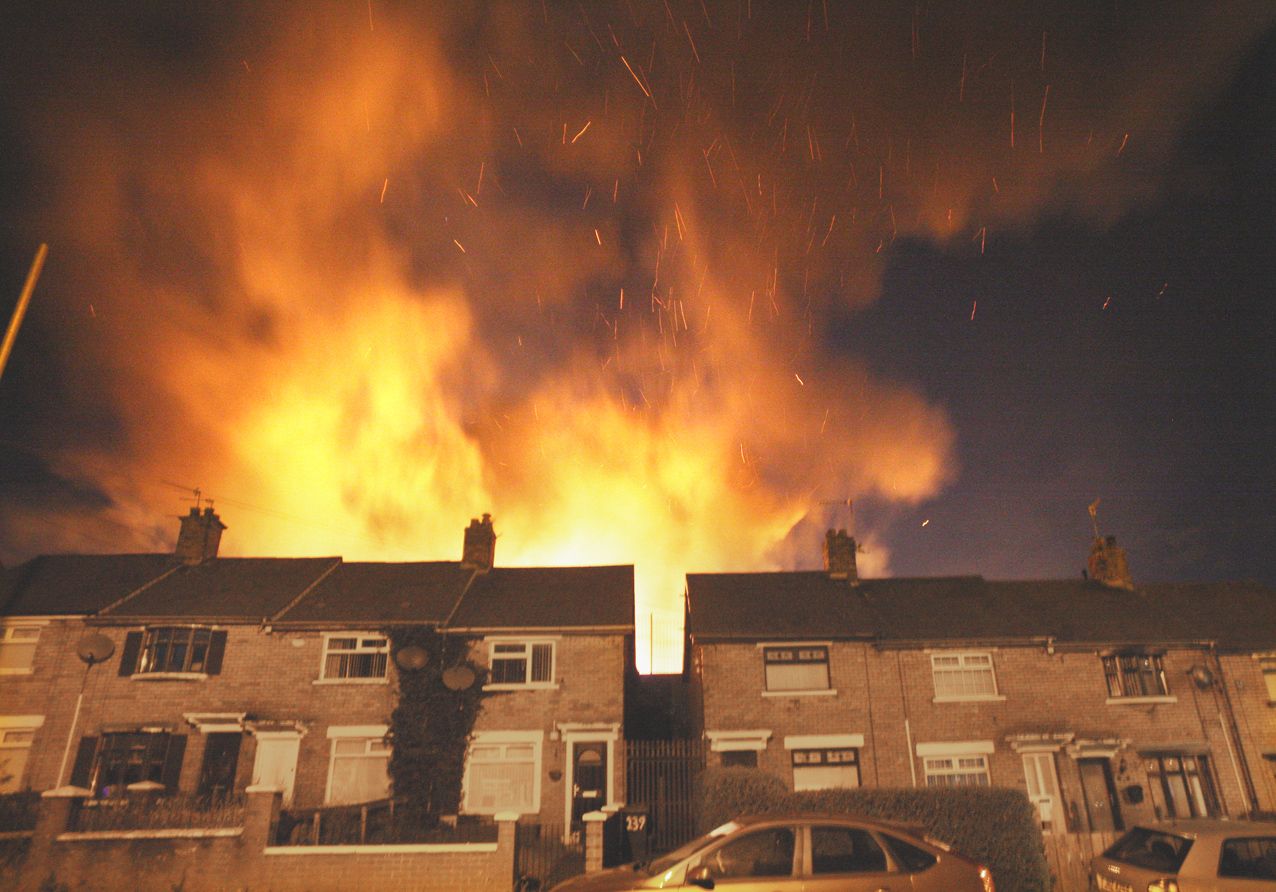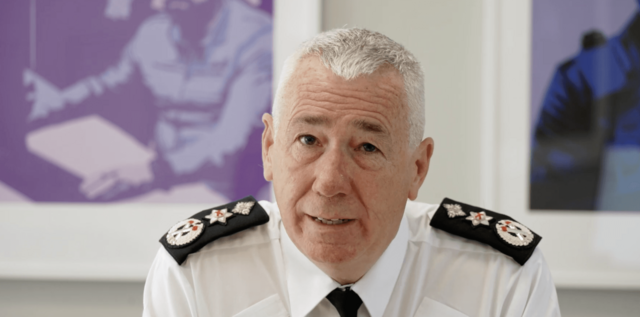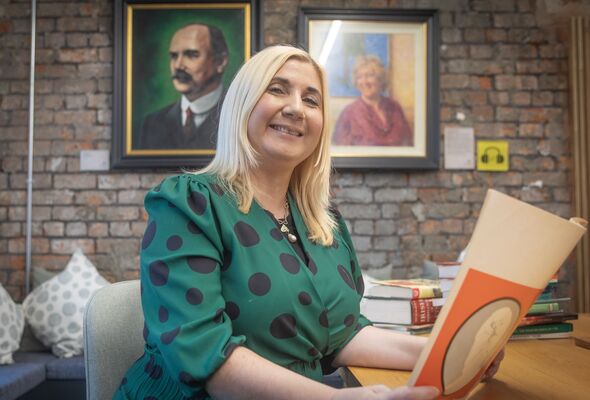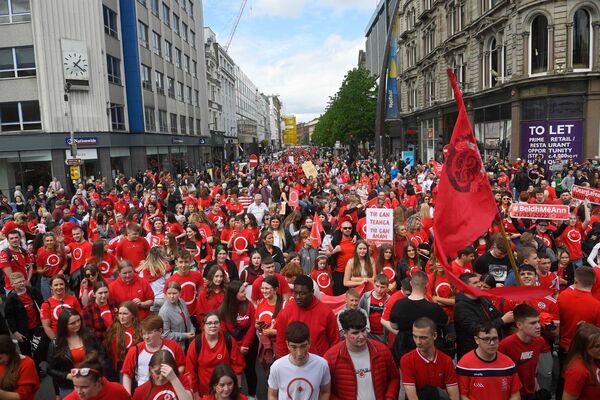I HATE the 12th July. I moved from Dublin to Belfast in May 1994 and didn’t understand what the 11th or 12th July meant. Until then I had understood our conflict in terms of British occupation, and resistance thereof. I did not understand the visceral nature of the Orange state or its day-to-day apparatus. And I did not understand sectarian hatred. That first year’s baptism in the horror of hatred has never left me.
To realise someone hates you just because of your nationality, or religion is fundamentally altering. Most of us grow up in families where we are happy if the next person treats us with fairness, manners or even kindness, and sad if it is different to that. Most of us just avoid situations that will bring us into contact with the sadness induced by unfairness, bad manners and cruelty. I realized when I moved here however that I had few choices that would allow me to avoid the putrid black, burning smell of hatred on the 11th July. So, on this week every year I, with so many others, choose to vacate the North.
We chose a different environment for our children when every July they/we would, by packing teddy, pillow, and the kitchen sink, travel to a different part of our island. I do not regret those choices.
But the sadness doesn’t leave me. Sadness that every year a space is created where hatred of our family and our community is normalized. Bonfires do not represent “culture”. They are the sad, out of date, expressions of a longed for dominance in a unionism that knows it is always regressing and never progressing. Does everyone who goes to a bonfire hate Catholics? No. But July bonfires are Ireland’s burning crosses on the lawn. They tell every Irish person and Catholic that their neighbours do not accept their right to be equal. Catholics and republicans do not have to create comfort for the uncomfortable truth of this.
Sadly these went completely uncovered by the @BBCNewsNI as do most of the images similar to the attached.
— JPLFinn (@ASKTHEIRISHGUY) July 7, 2023
National broadcaster failing to challenge bigotry racism and hate pic.twitter.com/AXSwFzL61I
Nor do we ever have to create a space for the marches of bigots intent on creating conditions of conflict. All kinds of people march for all kinds of things on this island. When done with respect for those sharing the roads, which most Orange marches do, no one really thinks twice about it. When it is done in deliberate provocation no one should think twice about the stand that needs to be taken.
The history of the Orange Order is complex. I value the conversations I had with the rural members of the Ladies Orange Order who explained that their business is identifying and helping those in need in their communities, irrespective of their background. I was so glad to be part of that enriching conversation where my understanding developed.
Bonfires draped in Irish flags, political posters, sectarian signs and human effigies will once again be set alight in a literal act of hate in NI tonight.
— Emma DeSouza (@EmmandJDeSouza) July 11, 2023
This abject bigotry would not be tolerated in London, it should not be tolerated here. Yet it happens every single year.
In her seminal book Ghost Limb Claire Mitchel brings us on a journey of understanding the Orange and how so many of its Presbyterian members at the turn of the 19th century had been involved in the United Irish Movement. An understanding of this crossover of complex history creates space and respect.
In years to come as our island changes respectful space will be our opportunity and challenge. Human rights must underpin our inevitable progress, along with the inherent responsibilities. And hopefully more of us will feel safe, and happy to spend our shared Julys at home.








